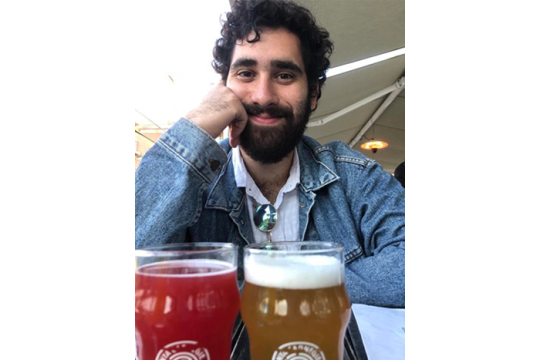
Jewish tradition emphasizes the importance of telling the truth, but not always.
“Sometimes it is necessary to deviate from the truth,” argued Rabbi Eliyahu Dessler (1892-1953), “such as when the truth will not help but will cause injury.”
Consider this Talmudic story:
A sage named Rav Tavut would not lie even if given all the possessions in the world. One day he came to a place named Qushta [“truth” in Aramaic], where the residents did not “modify their words” [lie] and no one died prematurely. He married a woman who had two sons. One day his wife was sitting and washing her hair when a neighbor came by and knocked on the door. Thinking it not proper to tell the neighbor his wife was washing, he said, “She’s not here.”
Her two sons soon died. When the residents learned what happened, they said to Rav Tavut, “We beg of you: leave our place and do not stir up death against the rest of us.” (Sanhedrin 97a)
This story suggests that total allegiance to one overriding principle proves too crude a moral compass by which to live. It would be wonderful to make a total commitment to truth. So, too, it would be wonderful to make a total commitment to justice, peace, kindness, generosity, hospitality, modesty, humility, and other values. But one cannot simultaneously live in the Land of Truth and also in the Lands of Justice, Peace, and Humility.
In an Esquire article entitled “I Think You’re Fat,” A.J. Jacobs reports on an experiment he conducted in which he adopted a philosophy of “radical honesty” for one month. He recounts how he told the truth in all sorts of situations in which he normally would have lied. He learns that relationships can tolerate more truth than he had thought. They don’t fall apart, for example, just because he tells a friend that he just does not feel like having lunch that day as opposed to making up an excuse about a doctor’s appointment. His commitment to the truth generally opens the door to truthful responses from his friends and colleagues, which makes for more honest and meaningful relationships. Even his boss reacts well when Jacobs truthfully writes that he resents the delay in getting back to him about a memo in a timely fashion.
Yet when an old, retired man whose wife recently died sends Jacobs some poems for his opinion, he cannot bring himself to answer that he did not care for the poems; he lies, saying they are very good. Despite his commitment to the truth, he says, “I can’t trash the old man.”
At the end of the month, Jacobs feels tremendous relief to be able to return to the white-lies, half-truths, and other deceptions that most of us practice on a daily basis. He concludes that had he been honest 100 percent of the time, rather than the 90 percent he achieved, he “would have gotten beaten up, fired, and divorced.”
The philosopher David Nyberg writes in The Varnished Truth: Truth Telling and Deceiving in Ordinary Life: “A healthy, livable human lifetime of relationships with others is to me inconceivable without deception…We deceive, among other reasons, so that we might not perish of the truth.”
Nyberg brings us full circle from the fictional Qushta, where lying results in death, to the claim that not lies, but too great a commitment to truth, will cause us to perish.
In theory, if all people were to always tell the truth, we would have a perfect society, presumably free of the ravages of disease and death. In practice, though, such a society would not work, because all sorts of innocent departures from truth are necessary to uphold other values.
For another perspective on this topic, check out Rabbi Dennis Ross’s blog post, “When Can We Lie With a Clear Conscience?”
Related Posts

Breathe Bravely

The Importance of Storytelling

